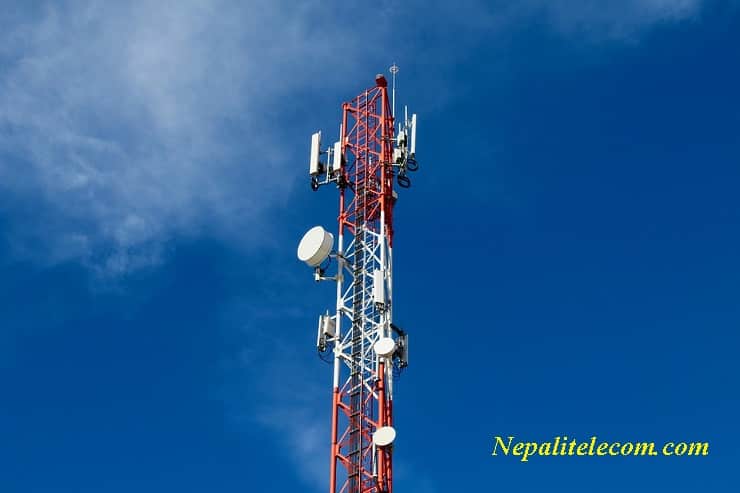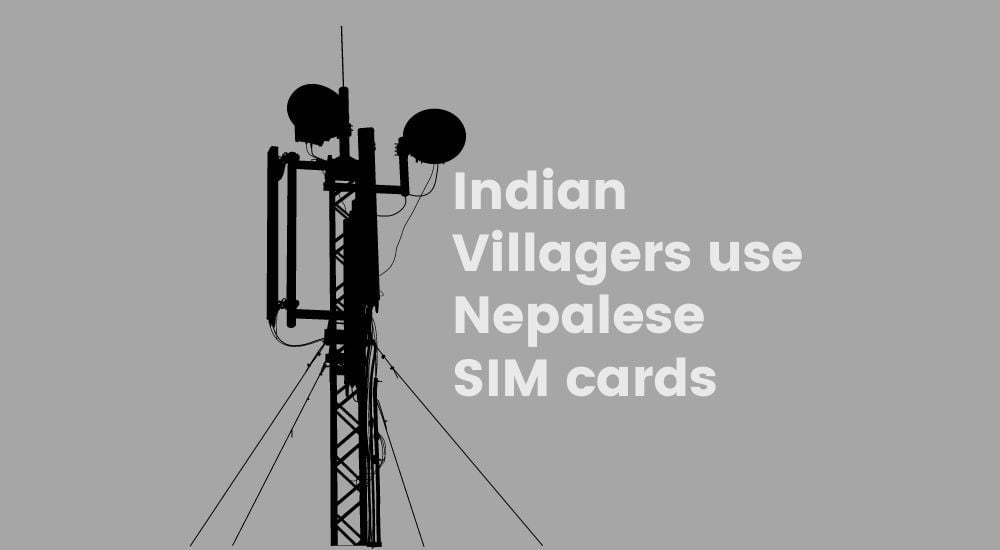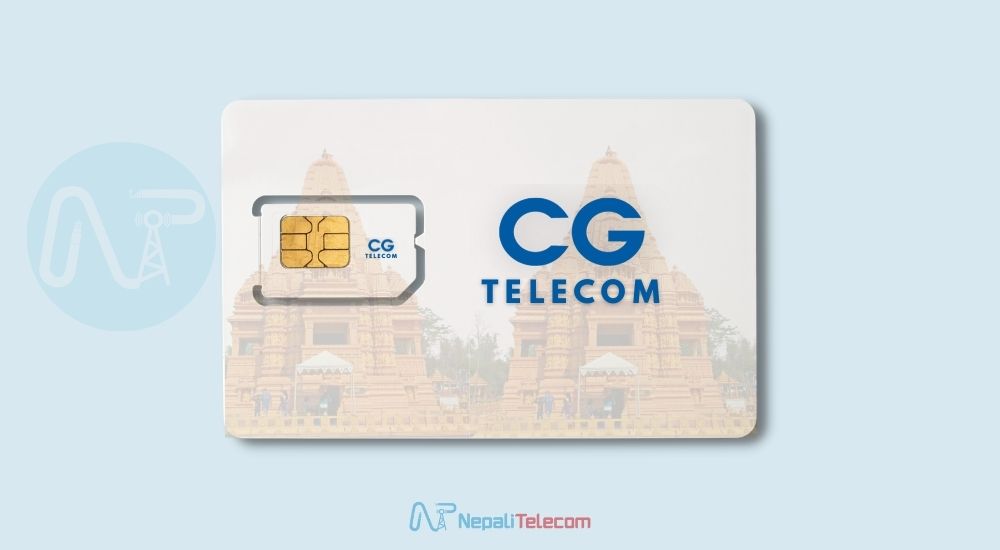Despite the Indo-Nepal border issues, the Indian people residing in some border areas continue to use the Nepalese SIM card for convenience. This issue surfaced a long time ago while there is no progress in the signal status of the Indian telcos in those locations.
The bordering villages of Uttarakhand have no options but to take the Nepalese SIM card for their communication.
Among many Indians residing in the border areas, the villagers of the Khumti gram panchayat in Pithoragarh district mainly depend on the Nepalese Telecom Service Providers to make and receive their calls. The preference is because of the better connectivity of the Nepalese mobile network as compared to the Indian telecom service providers.
The issue of the poor or no signal of the Indian telcos remains the same from 2016 for the Pithoragarh district, which has a border with Nepal’s Baitadi district. Read about the border side villagers in India using Nepalese SIM cards.

What do the Villagers in India say about the Nepalese SIM card?
According to the Hindustan Times reports, when asked about this topic, Param Singh, a villager of the same village, answered that there is no other option left. They are compelled to use the Nepalese SIM card because their network in the hilly terrains is very strong than the Indian ones. Meanwhile, the Indian network has very poor connectivity and does not even connect at times.
He further added that some of the villagers make arrangements to get the Nepalese SIM card through their relatives residing in Nepal. Another villager, Raju, remarked that because he did not have any relatives in Nepal, he could not get access to the Nepalese SIM card. He relies on the Indian ones, and due to its poor network, he has been facing problems during the time of emergencies.
As per the sources, it has not been long since the Indian service providers have started their services in the villages. Before that, the villagers used the WLL services only. Despite the service provided, people have to move 2-3 km in search of its signals because of the poor network.
Read What do people do to get a mobile signal on their phone?
The difficulty to take the Nepalese SIM card in the bordering villages
The current COVID-19 pandemic has made the situation worse because the Nepalese SIM cards are more difficult to procure. The halt in the movement of the people has caused the Indians to ask their acquaintances in Nepal to recharge for them.
The villages made frequent urges to the administration to improve the connectivity of the Indian network so that they no longer have to use the Nepalese Network. Still, the enhancement is yet to be carried out.
Moreover, the Khumti gram panchayat villagers believe that the Indian government has to upgrade the communication service in the areas as soon as possible.
Security issue
Though it seems the Nepalese mobile network is helpful to the Indian people, there could be some issues related to security and unmonitored activities. Indian people using the Nepalese internet as well as mobile services can pose a threat to national security and might instigate criminal activities. But the topic is quite ambiguous among the villagers.
Survey and Infrastructure development
The local public representatives of the surrounding areas are also well-known about the network issues. Harish Dhami, of Dharchula MLA, stated that he would be willing to donate any funds necessary to build up the infrastructures to improve the communication in the border areas.
Similarly, Almora MP Ajay Tamta said that the public telecom service provider BSNL has been conducting surveys to figure out the villager’s communication needs. As soon as the review progresses, mobile phone towers will be installed all over the areas.
Meanwhile, the decisions are yet to be taken by the villagers about the installment of the towers or boosters. For now, they have also been provided with satellite phones in at least 36-gram panchayats to connect with the administration during disaster and emergency.
Read Nepal Telecom resumes CDMA service in Kalapani.
Conclusion
Though it is challenging to limit radio propagation (RF signals), it seems necessary to abide by the cross-border coordination between two countries to control the operators’ criminal activities and revenue loss.
While Indian people have no option but to use Nepalese Sim cards, but as per cross border mobile network agreement, the operators need to follow the necessary regulations to control such cross border radio interference. The regulation shall also prevent activities like cybercrime and smuggling around the border areas.













